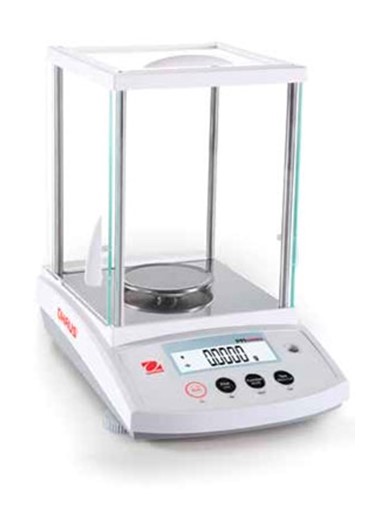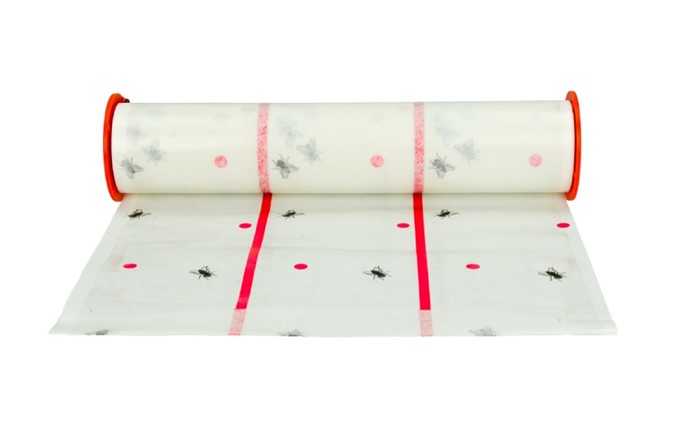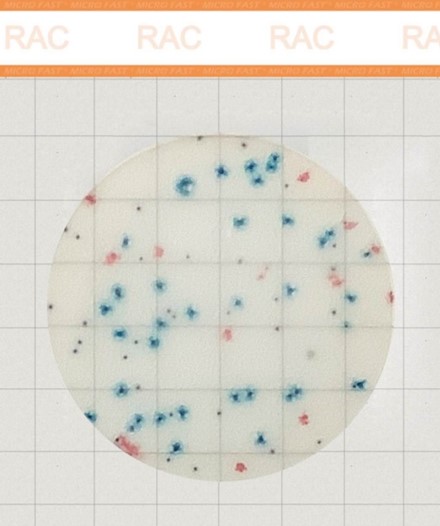Humane treatment of animals will improve the quality of farm products and develop the agritourism industry - expert
"The topic of humane treatment of animals today attracts the attention of a wide audience. Now it turns out that animals are property. Animals are raised for slaughter, but there is no need to make them suffer, it makes sense to make their existence more humane. Humane treatment should be at the level of the regulatory framework We have submitted this initiative to the State Duma, it is still under consideration," Muravyova said.
She said that animals in agriculture should be allowed freedom of movement, they should not experience fear and anxiety, and their natural needs should not be suppressed. Humane killing must also be ensured.
"This will help improve the quality of products, develop the agritourism industry and stimulate ruralization. If the people who moved were kind to their animals, then they would also pay great attention to equipping the infrastructure, labeling products and its quality. When everything looks good, then tourism potential is added," the expert noted.
According to her, it is difficult to assess the processes of urbanization and ruralization in RUSSIA, but it can be assumed that the number of people moving to the countryside from the city will decrease compared to 2021. As of January 1, 2023, the share of the urban population in Russia increased to 74.9%.
She said that the problems of the farming industry require a systematic approach, since veterinary control does not fully respond to modern challenges in agriculture.
According to the DIRECTOR General of the National Research Center in the field of animal husbandry "Modern Farm", a member of the international council of experts "Expert Siberia and the Far East" in the direction of agriculture, Maria Guryeva, certification in the field of organics has been introduced to strengthen control over agriculture, but this is an expensive undertaking, which is not always available to farmers.
"They are lost in the background of other, unethical farmers who do not comply with animal welfare standards. Animal welfare is an important factor. We need more transparent food labeling in Russia, which will indicate clear farming practices," Gurieva said.
Maksim Kurgansky, director for the protection of the legal circulation of products at the Center for the Development of Advanced Technologies, said that thanks to the current marking, about 3 thousand enterprises were identified that violated production processes.
"This is done by one-day firms, phantom enterprises. Identification of violations became possible thanks to the combination of two systems. The Mercury system monitors raw materials even before processing, and the Honest Sign system marks finished products after processing. The entire chain from the cow to the consumer becomes completely transparent," the expert said.
He said that labeling requirements for farms are not mandatory until December 1, 2023.
"You need to understand that 50 tons of butter cannot be produced from 10 liters of MILK. Unfortunately, such facts are being revealed. At the beginning of last year, about 30% of manufacturers were making counterfeit products. By the end of the year, this figure dropped to 10%," - said Kurgan.
According to Andrey Oleksyuk, an expert in the field of healthcare and quality of life change, CEO of Pharmexperience, an environmentally friendly attitude to agriculture also consists in reducing the use of antibiotics.
“We tell farmers about the use of antibiotics. Large agro-industrial complex uses them thoughtlessly, but many microorganisms have already developed resistance to antibiotics. They get on the table and into the human body with agricultural products,” Oleksyuk said.
An individual entrepreneur, the HEAD of a peasant farm, Vitaly Kulinich, said that the labeling system is a significant additional burden for farms.
"Today we feel pressure, as they change the norms for the work of farms. It seems that this is used to improve the quality based on large farms, but small farms get into difficult situations. We are accountable for everything - for pesticides, seeds, wheat. Our micro-enterprise has two individuals are fully involved in these issues," Olesyuk said.
He said that small farmers should be freed from paperwork and checks.
"We need to create an institution and develop a methodology to eliminate risks, so that people just work. Then the farmers will be engaged in the development of their enterprise, the welfare of their animals. Now small producers have the biggest risks," the expert said.



























































